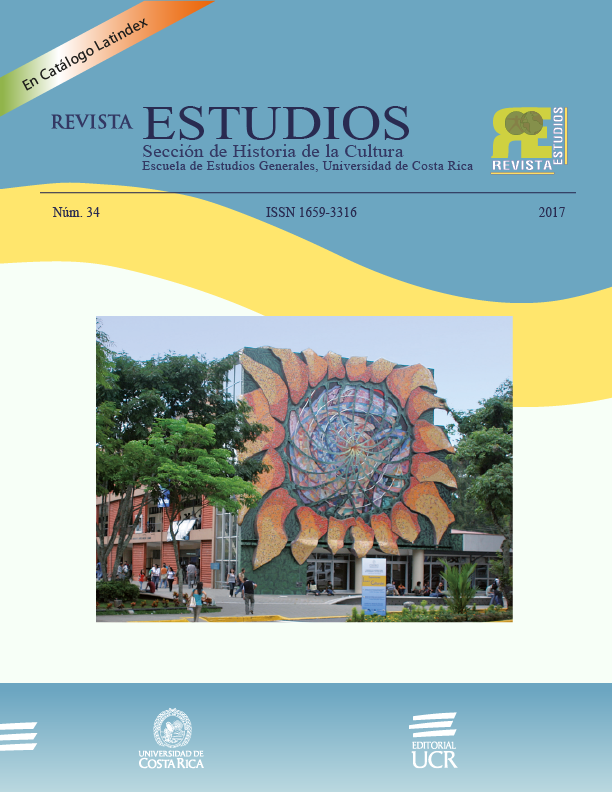Abstract
The trial presented below aims to provide a new approach to disability issues, taking into consideration as first ethical value and recognition of the human phenomenon. The study of Man, from the anthropological-philosophical view of author Martin Buber, promotes an understanding of the phenomenon from a vision of totality, where the introduction of concepts such as comparison, differentiation, subjectivity and essential relationship favoring re-significance of the subject, from the development of some considerations that try to revitalize the many qualities and possibilities of man, from an intersubjective and contemplative look the same, which is established from the existence of the essential I-Thou relationship.References
Barton, L. (2009). Estudios sobre discapacidad y la búsqueda de inclusividad. Observaciones. Revista de Educación, 349. Mayo-agosto 2009, pp. 137-152.
Buber, M. (2012). ¿Qué es el hombre? México, Fondo de Cultura Económica.
Buber, M. (2006). Yo y Tú: y otros ensayos. Buenos Aires, Argentina. Ediciones Lilmod.
Frías, F. (1967). Historia General. Antigüedad. Santiago de Chile. Editorial Nascimento.
Heidegger, M. (2012). El Ser y el tiempo. México. Fondo de Cultura Económica.
Honneth, A. (2006). El Reconocimiento como ideología. ISEGORIA, Nº 35, juliodiciembre, 2006. 129-150, ISSN: 1130-2097.
Marín. E (1993). De la eugenesia al proyecto genoma humano. Anuario de la Facultad de Derecho. Dpto., de Fundamentos del Derecho y Derecho Penal. Universidad de Alcalá.
Nietzsche, F (2006). Ecce Homo. Biblioteca Virtual Universal. Recuperado de http://www.biblioteca.org.ar/libros/133538.pdf
Seoane, J. (2011). ¿Qué es una persona con discapacidad? Ágora. Papeles de Filosofía, Vol.30, nº 1: 143-161.

